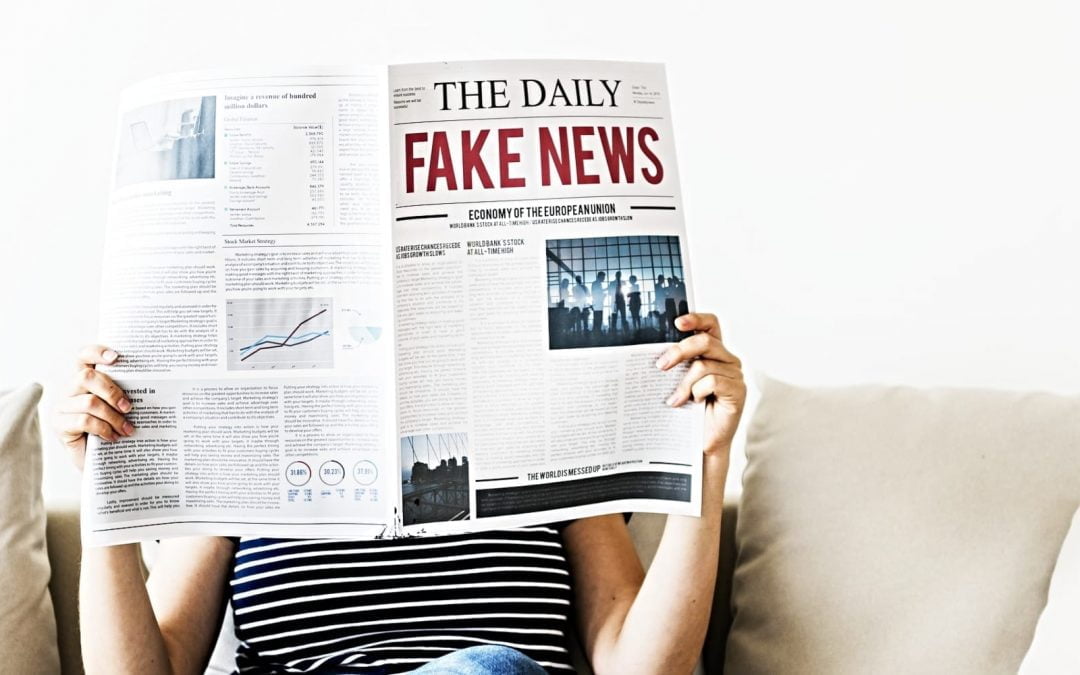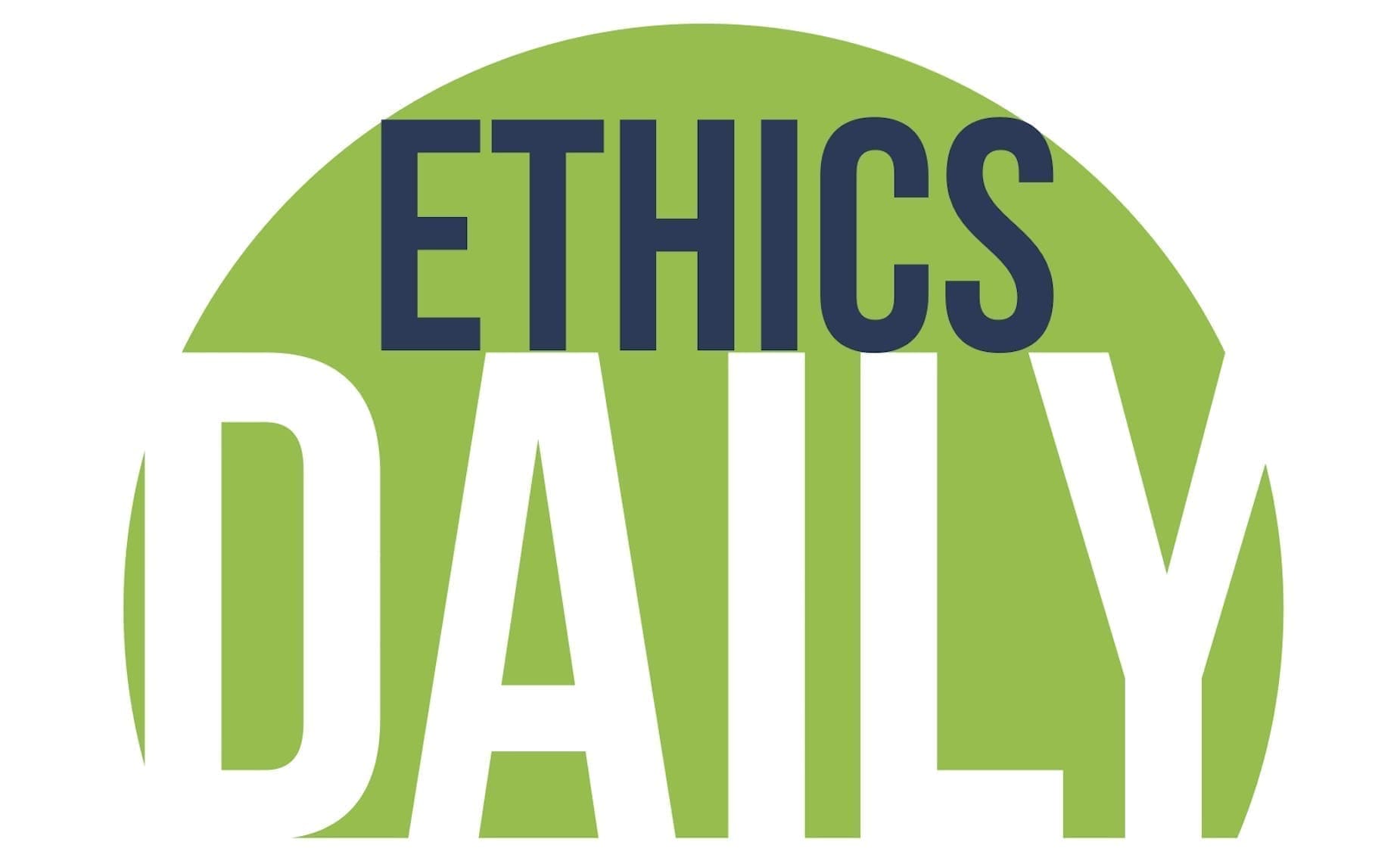U.S. adults are increasingly concerned about expressions of “fake news,” according to two Pew Research Center reports published this month.
Half of survey respondents say made-up news and information “is a very big problem in the country today,” ranking fifth on a list of 11 issues behind drug addiction (70%), affordability of health care (67%), the U.S. political system (52%) and the gap between rich and poor (51%).
A strong majority (68%) believes fake news negatively impacts confidence in the government, while 54% say it undermines confidence in other citizens and 51% that it hinders politicians’ ability to pass legislation.
Recent headlines about sophisticated software capable of easily altering videos to make people appear to say things they never did (labeled “deepfakes”) have further raised concerns.
Most respondents feel altered videos result in misunderstanding among the general public, with 63% saying it creates “a great deal of confusion” and 27% “some confusion” about facts.
When asked about restricting such video content, 77% supported steps being taken to do so.
This strong desire for restrictions might stem from the sense among 61% of respondents that the average citizen can’t be expected to recognize such videos and images as fake.
When asked to identify the people who “create a lot of made-up news and information,” 57% say political leaders / staff, compared to activist groups (53%), journalists (36%), foreign actors (35%) and the general public (26%).
According to 86% of respondents, the major reason people share fake news is “to push an agenda or viewpoint.”
When asked who has “the most responsibility” to counter expressions of fake news, a majority (53%) says the news media.
By comparison, 20% say the general public, followed by the government (12%) and tech companies (9%).
Encountering fake news is common, with 89% saying they sometimes or often encounter “made-up news and information that is intended to mislead the public.” By comparison, only 11% of respondents say they hardly ever or never come across such content.
Nearly half (49%) of respondents have shared news they “later found out was made up,” while 10% have shared news they “knew at the time was made up.”
Among those who knowingly shared fake news, 46% did so because they “wanted to tell others it was inaccurate.”
By comparison, 27% did so because “it was surprising or entertaining,” 18% “wanted to create a discussion about it” and 8% “liked what it said.”


